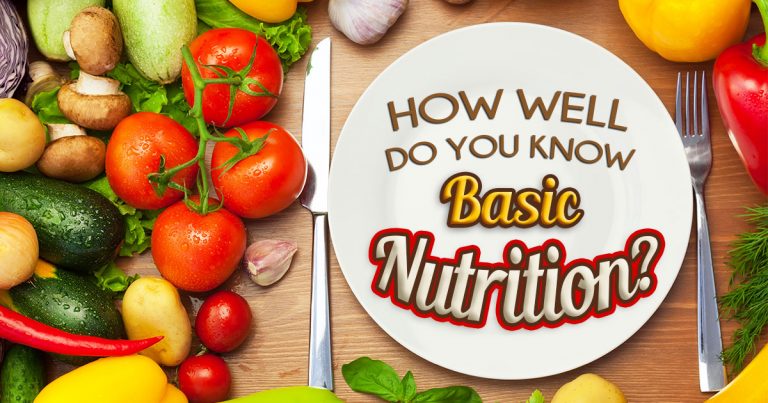 One the keys to a healthy life is good nutrition. No matter how smart you are or how much education you have, most people, including doctors, don’t have the background education in nutrition to plan healthy meals continuously. That doesn’t mean they aren’t on the right track or know the basics. It simply means that sometimes to get the most out of your meals, you need to delve a little deeper. Often, you’ll find that nutritious meals are far more enjoyable than the foods you’ve eaten in the past.
One the keys to a healthy life is good nutrition. No matter how smart you are or how much education you have, most people, including doctors, don’t have the background education in nutrition to plan healthy meals continuously. That doesn’t mean they aren’t on the right track or know the basics. It simply means that sometimes to get the most out of your meals, you need to delve a little deeper. Often, you’ll find that nutritious meals are far more enjoyable than the foods you’ve eaten in the past.
Even doctors don’t get adequate nutrition training.
I’m not trying to bash doctors or say I’m better than they are. They have a lot to learn in the years they’re in school, so you can understand why many schools short them on nutrition training. A recent study on the status of nutrition in medical schools showed that the average doctor had 23.9 contact hour s of training in nutrition. Those hours weren’t necessarily in specific nutrition classes, but may have been in courses that touched on nutrition. More and more scientists are discovering how important nutrition is to our lives and overall good health. It’s one of the reasons many doctors send their patients to specialists, such as personal trainers and nutritionists, to get help.
Modern technology has changed the perimeters of nutritional information.
The computer has changed our lives in many ways. One is that it made it easier to create good nutrition plans for people based on their personal needs. All the data for different body types and metabolic types are input into the computer, plus dietary information on what types of foods help each one. Balanced nutrition is easier to balance when you have the aid of a computer program. The input information can also help find substitutions and alternatives for people with a food intolerance or difficulty losing weight.
You still need human interpretation, no matter how factual a computer is.
While the computer can provide some shortcuts and excellent help creating dietary programs. You still need to have the human touch to modify and adjust those programs. Even if you’re a specific body type, it doesn’t mean that your body is going to react the same way as another person in your groups to a specific diet. That’s where I come in. I help you hone the diet until it meets your specific needs. If we see progress, it means what we’re doing is working….HOORAY! If progress is stalled or limited, it can mean one of two things. Either there input is wrong or something’s not working. I help you with both problems.
When the input is wrong, either you’ve misjudged proportions or you’ve sneaked some extra goodies. Sometimes, people eat without realizing it. You walk past the candy bowl and absentmindedly eat a handful. (It happens! And people don’t even remember it because it’s a habit!) I’ll help motivate you and make you aware of your eating habits.
Sometimes, no matter how much you stick with a nutritious plan, it’s just not right for you. That doesn’t mean you ever give up, it just means it’s time to start making subtle changes to see what the problem is.
The amount of exercise you get makes a huge difference. Adding exercise to the nutritional program can make the plan work more effectively. It’s one reason that putting the two together gets best results.
You’ll be amazed at what you’ll learn and how habits change easily. At first, you’ll have to follow closely and be very aware of your habits. Slowly, you’ll see a change where you intuitively know the right foods to eat.
